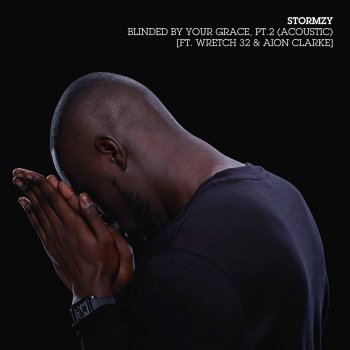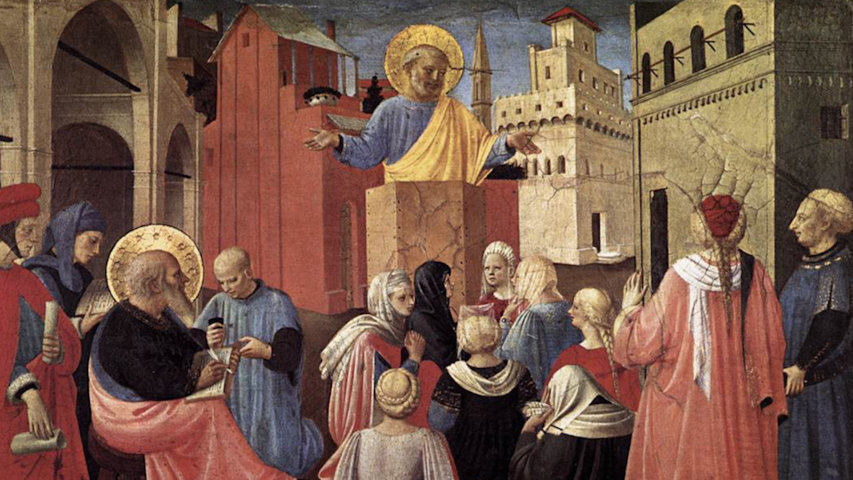A sermon peached at the parish eucharists. The texts were: Isaiah 9:1-4, 1 Corinthians 1:10-18 and Matthew 4:12-23
It’s more than fifty years since The Kinks sang ‘Dedicated Follower of Fashion’. In it they mock the superficial dandy keeping up with the latest designers and their daring styles.
Ray Davies wrote the song as a critique of a slavish conformity that followed the latest trends at the expense of individual identity.
It seems that far from being reluctant to follow anyone or anything, human beings are capable of a surprising immediacy in succumbing to external influences.
From the newspaper columnist we read and the teams we support through to adopting new technologies, we are in many ways instinctive ‘followers’.
Social media highlights that in many ways: we choose who to follow or follow back; we form ‘our tribe’; algorithms and influencers drawing us echo chambers or fan bases.
There’s even a meme of Jesus sitting next to a young man, saying: ‘No, I’m not talking about Twitter. I literally want you to follow me’.
It’s that kind of immediacy that today’s gospel draws us into: it’s not without cost, but it is also transformative.
John himself has been arrested. His work as forerunner is done. He has prepared the way for Jesus; he has pointed others him.
As we move from a time of preparation to one of fulfilment, Jesus takes up John’s message: ‘Repent for the kingdom of heaven has come near’.
This is an invitation to follow: to turn our attention to God, to notice the nearness of God’s love in flesh and blood.
As a child Jesus been honoured by the magi: those seeking wisdom from far flung lands.
As a child, he fled with Mary and Joseph to the safety of the land of Egypt.
As an adult, Jesus raises up our humanity in being baptised in the Jordan.
As an adult, he now withdraws to Galilee: in the face of threat, he refuses to engage in retaliation and violence.
He goes to Galilee, to the very heart of the land of Israel.
He goes to particular places; places like Zebulun and Naphtali which were once more under imperial control.
He goes beyond the Jordan to the Galilee of the nations, as Isaiah calls it.
In these particular places, something expansive and liberating breaks in.
In the face of gloom and anguish and the burdens of oppression, there will be rejoicing.
Light breaks into the darkness, it shines for all peoples.
Jesus returns to this particular place of Galilee; he goes with a message of hope.
Repent, he says: inviting human hearts to turn to love.
The kingdom is near, he says: in him, that love divine draws near to us in human breath and word; gesture and touch.
Jesus comes to Peter and Andrew; to James and John.
He comes to them, and to us, and calls them.
He takes the initiative and says ‘follow me’.
It is an invitation to walk with him.
They drop everything. They follow. Immediately.
This call is unexpected. It disrupts the ordinary rhythm of daily life.
Those first followers are called from family and from work; from the familiarity of all that sustains them.
This new commitment takes precedence over all other relationships and obligations.
But what takes precede is love.
They are called to follow; to walk.
As they do so, they become aware of the needs of others ; of their desires, fears and motivations.
They learn to collaborate, to set aside personal ambition; they face the call to be courageous in responding to the powerful and the vulnerable.
They learn this from one they follow: the one who breaks the rod of the oppressor; the one who embodies God’s reign of justice and of peace.
One commentator suggests that as these fishermen move from service of economy and empire they are being invited to take up ‘God’s great and gracious drag net which takes in all sorts and conditions of people.’
Therefore all sorts and conditions of people are invited to share in good news: this news is radically inclusive; lived out in diverse households; expressed in kinship across race and class, age and sexuality.
This news is radically inclusive in bringing transforming love to places of anguish and gloom; it is lived out as we get our hands dirty in involvement in the stuff of this world; it is expressed in the justice we seek and how we use our own social or economic capital.
This news is radically inclusive, and yet, as Paul is all too aware, the church can be a divided body; falling into argument rather than agreement.
Paul cuts to the chase: we should be united in the same mind and purpose.
That purpose is to bring hope, forgiveness and liberation.
We live out that purpose in the power of God, seen in the utter vulnerability of the cross.
What may look like foolishness is a radical statement that there is no longer any place where God’s love is not: it reaches to the depths of despair and raises us to the highest joy; it defeats death and brings new life.
We who break bread together are called to be of the same mind; we receive the blessing of a love that passes all understanding are called to be united in one purpose.
Jesus says, repent, turn your hearts to love.
He says, the kingdom of justice and compassion has come near.
This one who is God with us, calls us to follow, to walk, to live and breath this love.
Anoint us with your Spirit that we may share the good news of freedom; may our lives illumined by word and sacrament, shine the radiance of love.
© Julie Gittoes 2020









